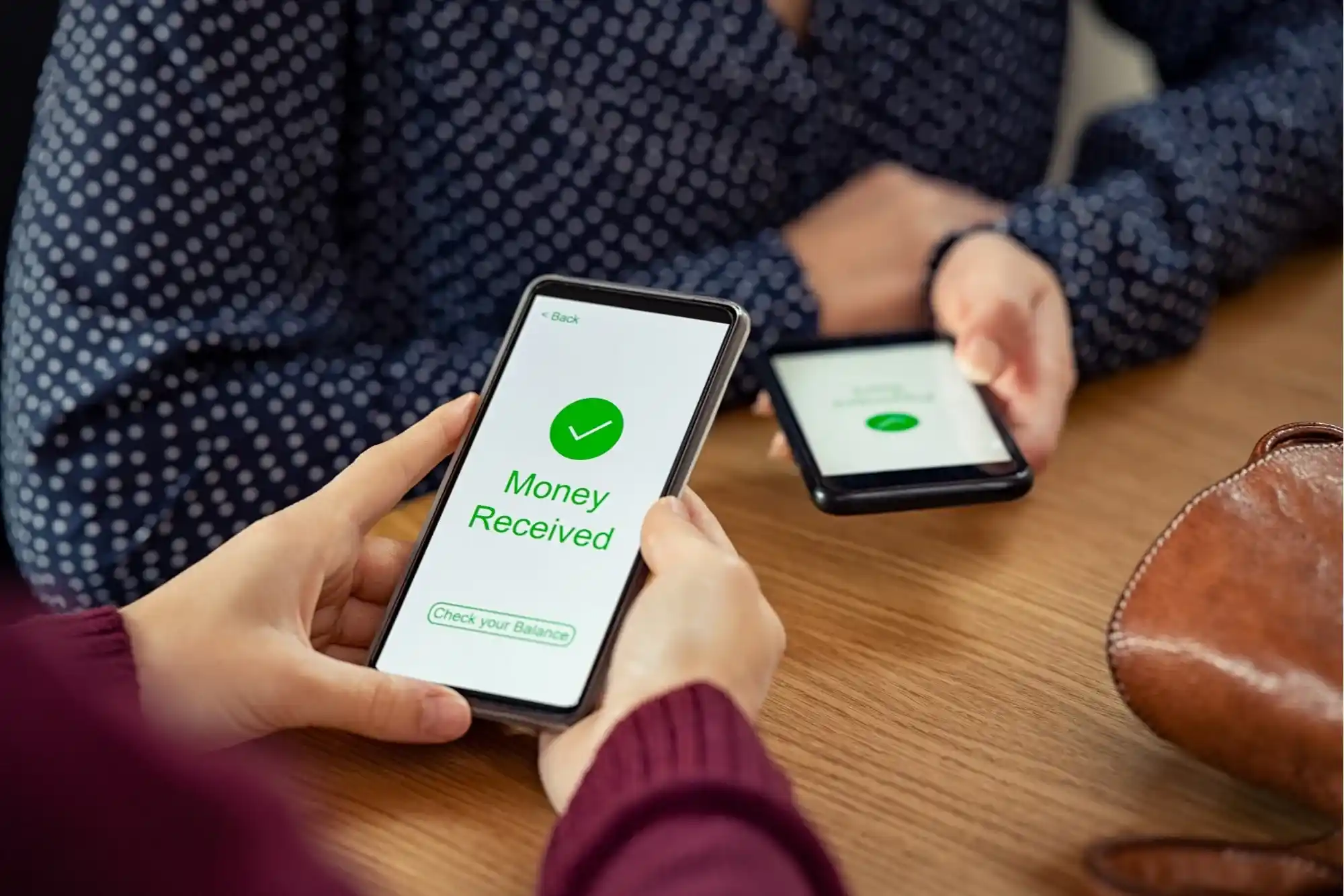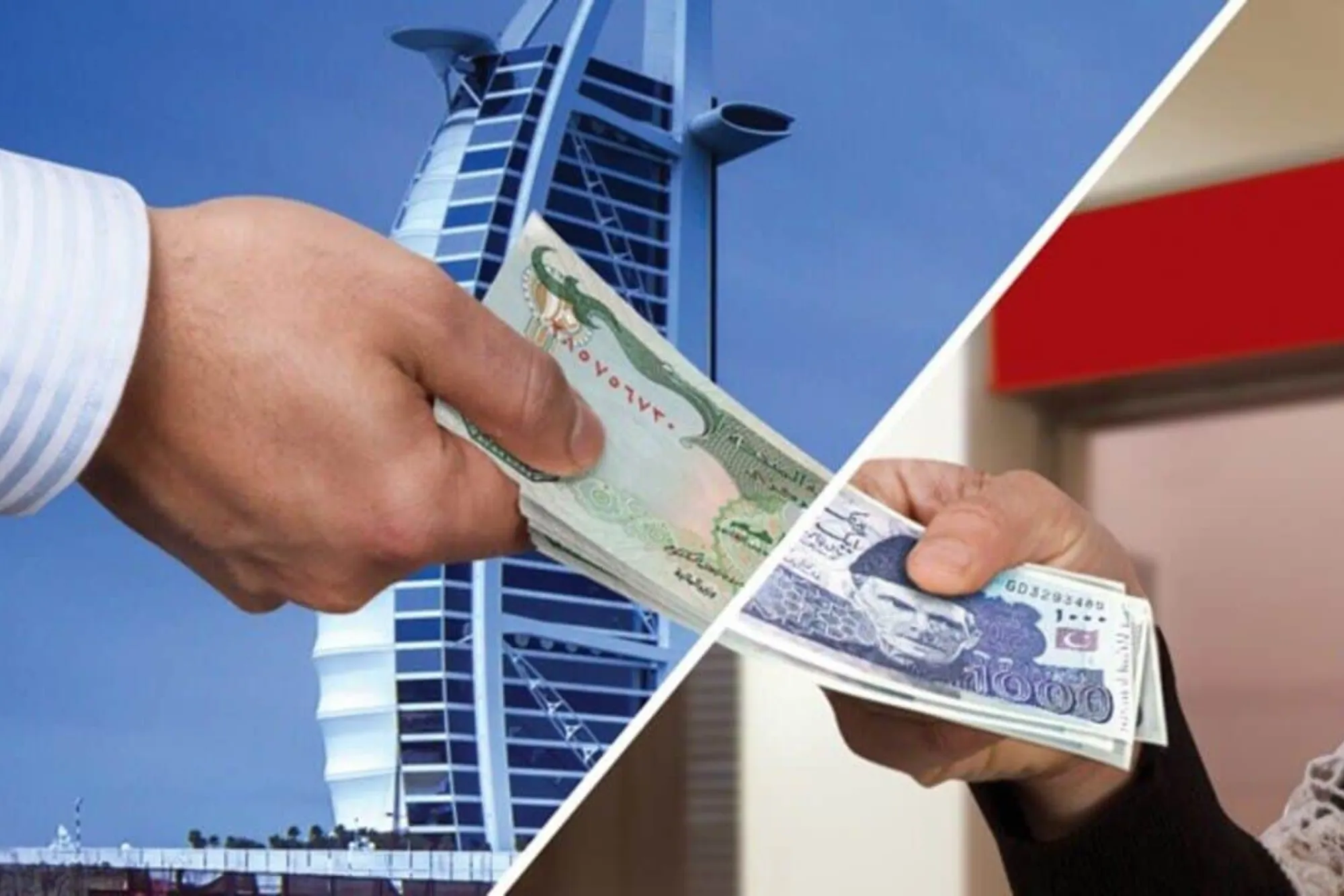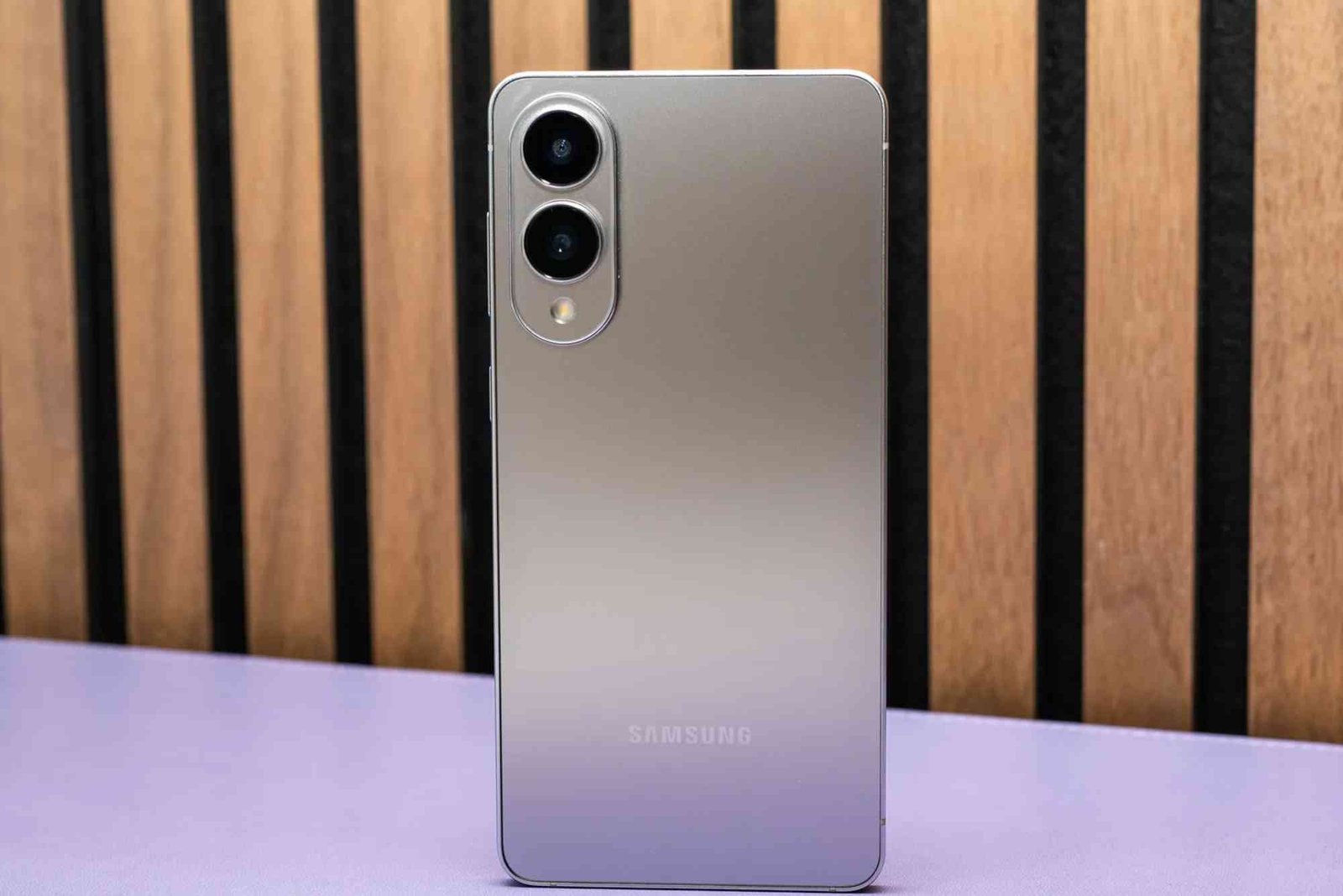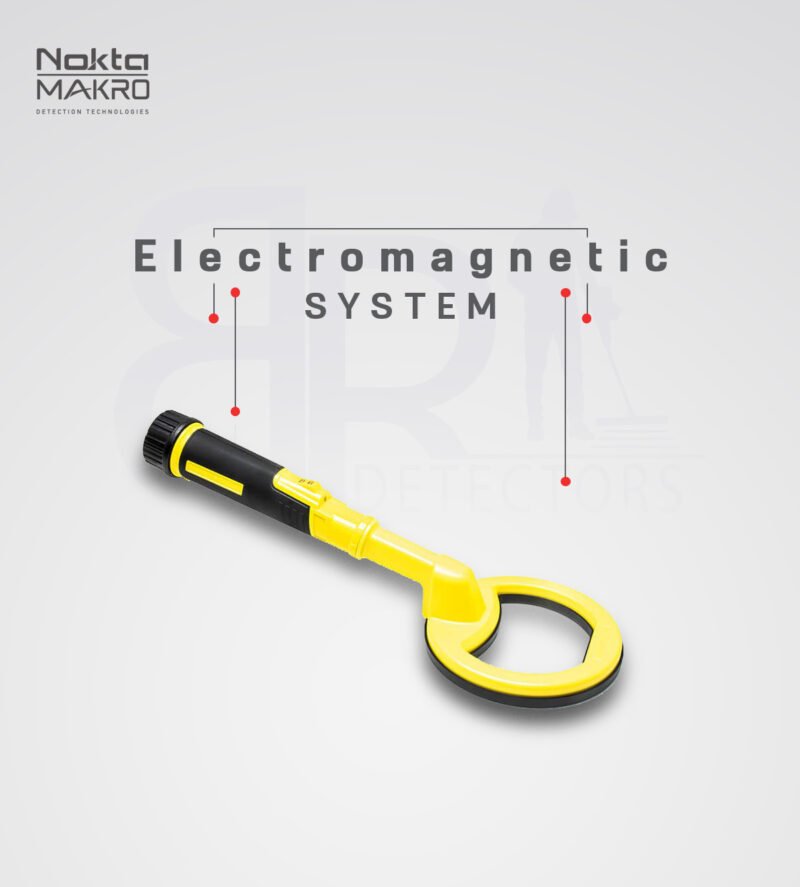The United Arab Emirates (UAE) is home to one of the largest communities of Pakistani expatriates in the world. Many of these workers send money back home to support their families, contributing significantly to Pakistan’s economy. In fact, remittances from the UAE form a major source of income for thousands of Pakistani households. Given this importance, it is crucial to understand the various options available to send UAE money to Pakistan, each differing in terms of speed, convenience, cost, and accessibility.
Bank Transfers: Reliable but Slower
Bank transfers are one of the most traditional and secure ways to send money from the UAE to Pakistan. This method typically involves transferring funds directly from a UAE-based bank account to a Pakistani bank account. The sender initiates the transaction by visiting a bank branch or using the bank’s online banking platform.
While bank transfers are known for their reliability and security, they tend to have certain drawbacks. Processing times for international bank transfers can vary between 2-5 working days, which may not be suitable for urgent remittances. Moreover, the transaction fees associated with bank transfers are often higher compared to other transfer methods. Fees may include both the transfer charge and foreign exchange conversion costs. However, bank transfers remain a preferred option for those sending large amounts of money, as they provide a high level of trust and protection against fraud.
In recent years, some banks have streamlined their international remittance services to reduce fees and speed up the process. It’s important to check with your bank for any promotional offers or partnerships that might make the transfer more cost-effective.
Online Money Transfer Platforms: Speed and Convenience

Online money transfer platforms have emerged as a fast and affordable alternative to traditional bank transfers. Platforms like Western Union, MoneyGram, and Xoom (a PayPal service) enable users to transfer money internationally with just a few clicks, offering one of the quickest ways to send UAE money to Pakistan. These platforms allow users to send money using a variety of payment methods, including credit cards, debit cards, and bank transfers, and recipients can either pick up cash at local agents in Pakistan or have the money deposited directly into their bank accounts.
One of the main advantages of these platforms is their speed. In many cases, transfers are completed within minutes, making them ideal for emergency situations. They also offer competitive exchange rates, and the transfer fees tend to be lower than those charged by banks. Some platforms even offer promotions where the first transfer is free or discounted, which can save a significant amount of money.
However, the exchange rates offered by online transfer platforms can fluctuate, and it’s always a good idea to compare different services before making a transfer. The rates can have a substantial impact on the final amount received by the beneficiary in Pakistan. Some platforms also charge higher fees for credit card transactions, so using a bank account or debit card for the transfer is often more economical.
Mobile Wallet Services: Fast, Secure, and Accessible
Mobile wallet services have revolutionized the remittance industry, especially for regions where access to traditional banking services is limited. In Pakistan, services like Easypaisa and JazzCash have become extremely popular, providing recipients with a fast and easy way to receive funds. For those living in rural areas or places where banks are scarce, mobile wallets offer unparalleled convenience.
When using a mobile wallet service, the sender transfers money from their UAE account directly to the recipient’s mobile wallet in Pakistan. The recipient can then use the funds to make payments, purchase goods, or withdraw cash from any nearby agent. One of the key advantages of mobile wallets is that they do not require the recipient to have a bank account, making them accessible to a larger portion of the population.
Mobile wallet transfers are often completed within minutes and come with low fees, making them an attractive option for both senders and receivers. Additionally, these platforms are highly secure, employing strong encryption protocols to protect user information and transaction details. As mobile wallets grow in popularity, more people are choosing this method for its simplicity and speed.
A Convenient Alternative for Cash Transfers
Exchange houses remain a trusted and widely used method of transferring UAE money to Pakistan. They are particularly popular among people who prefer to deal with physical cash, either because they do not have a bank account or because they find it more convenient. In the UAE, exchange houses like Al Ansari Exchange, UAE Exchange, and Al Fardan Exchange offer competitive services for sending money abroad.
At an exchange house, the sender can pay in cash or by card and have the money sent to Pakistan for pickup at one of many partner locations. The recipient in Pakistan can collect the money in cash from a designated agent. This is particularly useful in areas where access to digital banking and mobile wallets is limited. Exchange houses often offer competitive exchange rates and, in some cases, lower fees than banks, especially for smaller amounts.
Moreover, many exchange houses now offer online services, allowing users to transfer money digitally without having to visit a physical location. This adds another layer of convenience, combining the reliability of exchange houses with the efficiency of online transfers.
Protecting Your Money and Peace of Mind

Whether you’re transferring money through a bank, an online platform, or a mobile wallet, security is always a primary concern. Leading money transfer services are regulated by both UAE and Pakistani authorities, ensuring compliance with international standards for security and fraud prevention. Reputable services use encryption and multiple layers of authentication to safeguard user information and transaction data.
In addition, many services provide tracking options so that both the sender and recipient can monitor the progress of the transfer. This transparency not only provides peace of mind but also adds an extra layer of protection against potential fraud or mishandling of funds.
It’s always advisable to use only licensed and regulated money transfer services. Avoid unauthorized or lesser-known providers, as they may not offer the same level of security and reliability.
Meeting the Needs of a Diverse Population
One of the challenges of sending money to Pakistan is the varying levels of access to banking and financial services among the population. In many rural areas, people may not have access to formal banking institutions, making mobile wallets and cash pickup services a critical lifeline. For recipients who do have bank accounts, direct transfers can be a quick and easy way to receive funds. For those without, cash pickups or mobile wallets provide alternative methods that ensure everyone, regardless of location or banking status, can access the money they need.
Exchange houses with physical branches or local agents make it easy for people in even the most remote areas to receive cash, while mobile wallets are bridging the gap for those with smartphones but no bank accounts. These solutions ensure that money can be sent from the UAE to Pakistan quickly and securely, catering to a wide range of needs.
Transferring UAE money to Pakistan has become easier and more accessible than ever before. With options ranging from traditional bank transfers to modern mobile wallet services, expatriates have numerous ways to send money back home. While bank transfers remain a reliable option for larger sums, online platforms and mobile wallets provide faster, more cost-effective alternatives. The choice of method depends on factors like speed, fees, exchange rates, and the recipient’s access to banking services.




